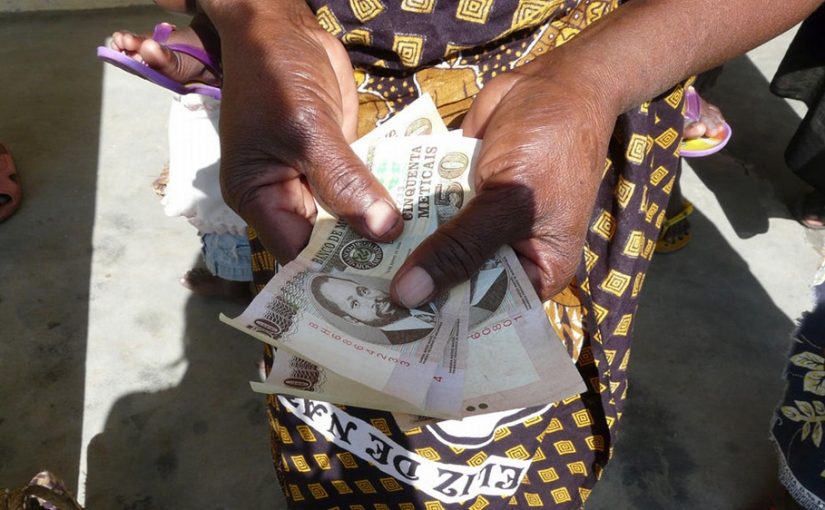Mozambique: Rehabilitation works on N301 see slight delays - Notícias
Mozambique: The ‘hidden cuts’ in the ‘new TSU’

File photo: DW
- The Mozambican government has announced definitive figures for the Single Salary Table (TSU), and there is criticism of the set values. Employees have publicly slammed cuts in relation to the past two salary payments.
After the announcement of the new TSU amounts on Tuesday (17-01), state employees picked up their calculators and found a reduction in their salaries compared to those of November and December 2022.
” Salary Level I fell and this ends up creating a very big nightmare,” one employee told DW Africa. “Everything is difficult, everything falls on the population,” another complained.
The minimum wage for civil servants was set at 8,758 meticais (€127), an increase of 87% compared to the previous value. And that’s a good thing, officials say. But other salaries have fallen compared to past months.
TSU is “doomed to fail”
The government defined on Tuesday that the base salary of a senior technician (N1) is 37,758 meticais (€550), more than double what he earned before the implementation of the TSU. What the government did not mention is that, in November and December, after the implementation of the new table, the N1 level earned, as a base, around 46,000 meticais (more than €660).
For economist Estrela Charles, a researcher at the Centre for Public Integrity, the TSU is doomed to failure.
“It was doomed to failure from the very first moment that it was not [previously] widely debated by civil society,” she says. “Long before taking the document to the Assembly of the Republic, the government should have held a debate with society, to forestall sector complaints, their specialties, and then creating all this confusion,” she says.
On the other hand, Charles understands that the Mozambican government was hasty in announcing the implementation of the TSU at the end of last year, without first checking what is in the state coffers.
“We have the government announcing something politically, even before analysing the technical issues,” she underlines.
Higher-than-expected costs
Initially, the government said that the costs of paying salaries under the new scale would be around 19 billion meticais (over €270 million). But after the first payments, the bar rose to 25 billion meticais (about €360 million).
It is money that the government does not have, comments political analyst Gil Aníbal.
“There is no money for the sustainability that had been foreseen. The money came from cooperation partners and some only signalled that they were going to support the state budget,” he says.
Estrela Charles understands that the government may have diverted some money to meet other budgetary concerns.
“That possibility exists, and it is very significant. Furthermore, there is the possibility that the TSU was used to pay much higher salaries to certain people who were not included in that table or in a certain category,” she suggests.
At the same time, Charles doubts that the salaries of senior state officials will be reduced, as suggested last week by the Council of Ministers. “They will reduce on paper, but that does not mean that the directors will be without fuel, rent or representation subsidies – of course not. Most likely, they will not be announced in the salary, but will be paid under other headings,” she concludes.













Leave a Reply
Be the First to Comment!
You must be logged in to post a comment.
You must be logged in to post a comment.